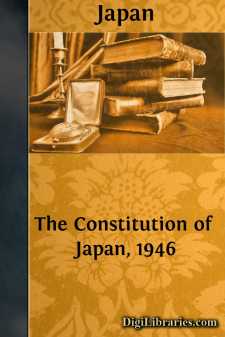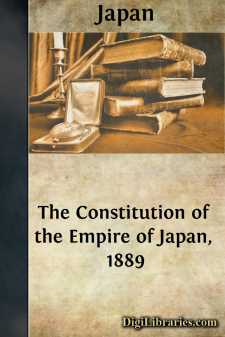Categories
- Antiques & Collectibles 13
- Architecture 36
- Art 48
- Bibles 22
- Biography & Autobiography 815
- Body, Mind & Spirit 144
- Business & Economics 28
- Children's Books 18
- Children's Fiction 14
- Computers 4
- Cooking 94
- Crafts & Hobbies 4
- Drama 346
- Education 58
- Family & Relationships 59
- Fiction 11835
- Games 19
- Gardening 17
- Health & Fitness 34
- History 1378
- House & Home 1
- Humor 147
- Juvenile Fiction 1873
- Juvenile Nonfiction 202
- Language Arts & Disciplines 89
- Law 16
- Literary Collections 686
- Literary Criticism 179
- Mathematics 13
- Medical 41
- Music 40
- Nature 180
- Non-Classifiable 1768
- Performing Arts 7
- Periodicals 1453
- Philosophy 65
- Photography 2
- Poetry 896
- Political Science 203
- Psychology 44
- Reference 154
- Religion 515
- Science 126
- Self-Help 85
- Social Science 83
- Sports & Recreation 34
- Study Aids 3
- Technology & Engineering 59
- Transportation 23
- Travel 463
- True Crime 29
Our website is made possible by displaying online advertisements to our visitors.
Please consider supporting us by disabling your ad blocker.
The Constitution of Japan, 1946
by: Japan
Categories:
Description:
Excerpt
CHAPTER I. THE EMPEROR
Article 1. The Emperor shall be the symbol of the State and of the unity of the people, deriving his position from the will of the people with whom resides sovereign power.
Article 2. The Imperial Throne shall be dynastic and succeeded to in accordance with the Imperial House law passed by the Diet.
Article 3. The advice and approval of the Cabinet shall be required for all acts of the Emperor in matters of state, and the Cabinet shall be responsible therefor.
Article 4. The Emperor shall perform only such acts in matters of state as are provided for in this Constitution and he shall not have powers related to government
(2) The Emperor may delegate the performance of his acts in matters of state as may be provided by law.
Article 5. When, in accordance with the Imperial House law, a Regency is established, the Regent shall perform his acts in matter of state in the Emperor's name. In this case, paragraph one of the article will be applicable.
Article 6. The Emperor shall appoint the Prime Minister as
designated by the Diet.
(2) The Emperor shall appoint the Chief Judge of the Supreme
Court as designated by the Cabinet.
Article 7. The Emperor, with the advice and approval of the Cabinet, shall perform the following acts in makers of state on behalf of the people:
(i) Promulgation of amendments of the constitution, laws, cabinet orders and treaties;
(ii) Convocation of the Diet;
(iii) Dissolution of the House of Representatives;
(iv) Proclamation of general election of members of the Diet;
(v) Attestation of the appointment and dismissal of Ministers of State and other officials as provided for by law, and of full powers and credentials of Ambassadors and Ministers;
(vi) Attestation of general and special amnesty, commutation of punishment, reprieve, and restoration of rights;
(vii) Awarding of honors;
(viii) Attestation of instruments of ratification and other diplomatic documents as provided for by law;
(ix) Receiving foreign ambassadors and ministers;
(x) Performance of ceremonial functions.
Article 8. No property can be given to, or received by, the Imperial House, nor can any gifts be made therefrom, without the authorization of the Diet.
Article 9. Aspiring sincerely to an international peace based on justice and order, the Japanese people forever renounce war as a sovereign right of the nation and the threat or use of force as a mean of settling international disputes.
(2) In order to accomplish the aim of the preceding paragraph, land, sea, and air forces, as well as other war potential, will never be maintained. The right of belligerency of the state will not be recognized.
CHAPTER III. RIGHTS AND DUTIES OF THE PEOPLE
Article 10. The conditions necessary for being a Japanese national shall be determined by law.
Article 11. The people shall not be prevented from enjoying any of the fundamental human rights. These fundamental human rights guaranteed to the people by this Constitution shall be conferred upon the people of this and future generations as eternal and inviolate rights....



